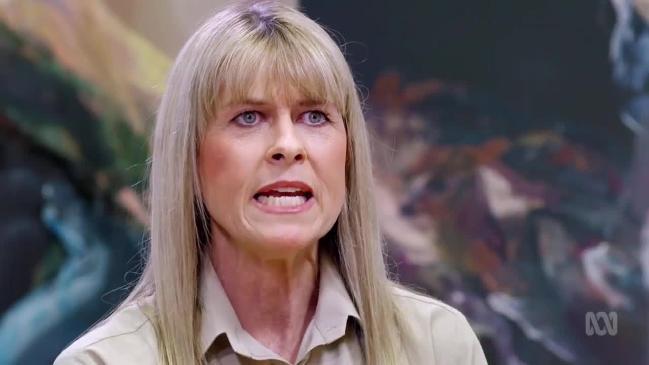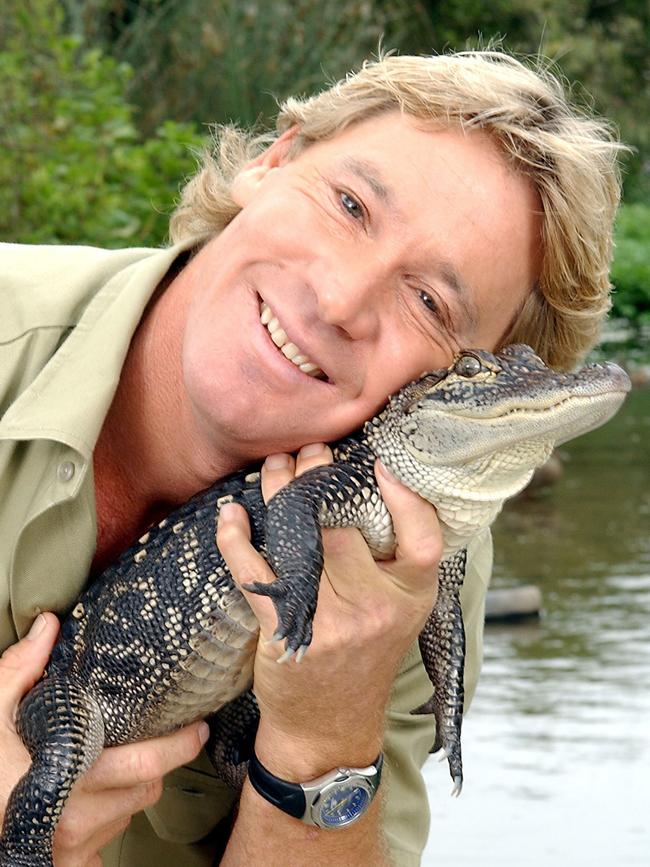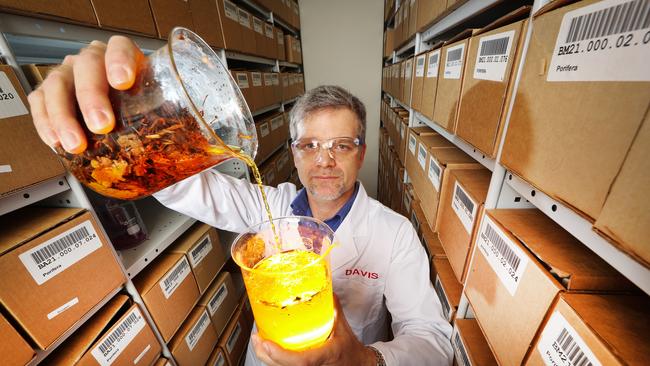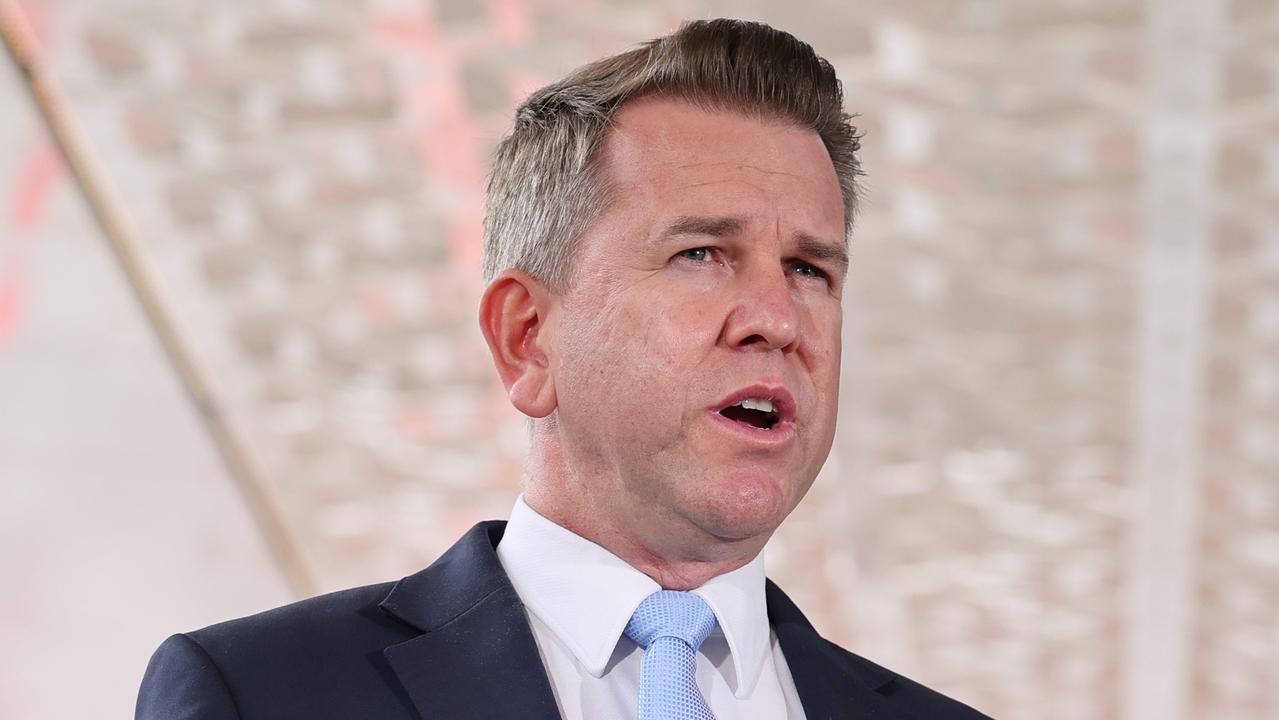Steve Irwin’s ultimate gift may be lifesaving medicines
CROCODILE Hunter Steve Irwin left a huge legacy of conservation, but his ultimate gift may be in the discovery of lifesaving medicines to combat human disease.

QLD News
Don't miss out on the headlines from QLD News. Followed categories will be added to My News.
CROCODILE Hunter Steve Irwin left a huge legacy of conservation, but his ultimate gift may be in the discovery of lifesaving medicines to combat human disease.
Griffith University researchers have recently returned from the Steve Irwin Wildlife Reserve, on the western side of Cape York Peninsula, to collect samples for inclusion in NatureBank, a library of tens of thousands of unique plant and marine specimens available to scientists and pharmaceutical companies searching for the next blockbuster drug.

Some of the world’s most successful medications have been found in nature’s pharmacy. For example, penicillin, a type of antibiotic, is derived from mould. Morphine, a powerful painkiller, is produced from the opium poppy plant. More recently, a natural product from a marine sponge has led to the development of eribulin, used to treat advanced breast cancer.
The number of drugs coming from nature is expected to balloon this century with advances in technology, allowing plant and marine samples to be tested in their tens of thousands for anti-inflammatory, antibacterial or anti-cancer properties.
Queensland, considered one of the most biodiverse regions on the planet, is seen as a particularly fertile ground for potential drugs and the Steve Irwin Wildlife Reserve, with 35 different ecosystems, has been dubbed a hotspot for rare plant life.
The latest samples from the reserve, including leaf, bark and fruit material, will soon be added to NatureBank, based at the Griffith Institute for Drug Discovery in Brisbane.
NatureBank’s academic lead Rohan Davis said the University of Luxembourg had recently been sent samples from the natural product library to screen for compounds to treat Parkinson’s disease.
Associate Professor Davis, a leading researcher in natural medicines, said NatureBank was also close to signing a deal with a European nutraceutical company which will use the library to screen for potential health food supplements.
He said if a new drug or superfood was eventually developed from NatureBank material, Griffith University and the State of Queensland would benefit through royalty payments for the discovery.

After Steve Irwin’s death in 2006, the Australian Government purchased the 135,000ha reserve, north of Weipa, and gifted it to the Irwin Family as a living memorial in honour of his commitment to conservation.
Steve’s wife, Terri, said it was “incredible” to think the Steve Irwin Wildlife Reserve could be home to unique plant species that may hold the key to unlocking potentially lifesaving medications.
“This highlights the importance of nature and just how vital conservation of our flora and fauna is,” she said. “Steve’s dream was to have the cleanest water, the freshest air and wildlife in abundance. But most of all, he wanted a future for our children and this research could have such a huge impact on future generations.”


